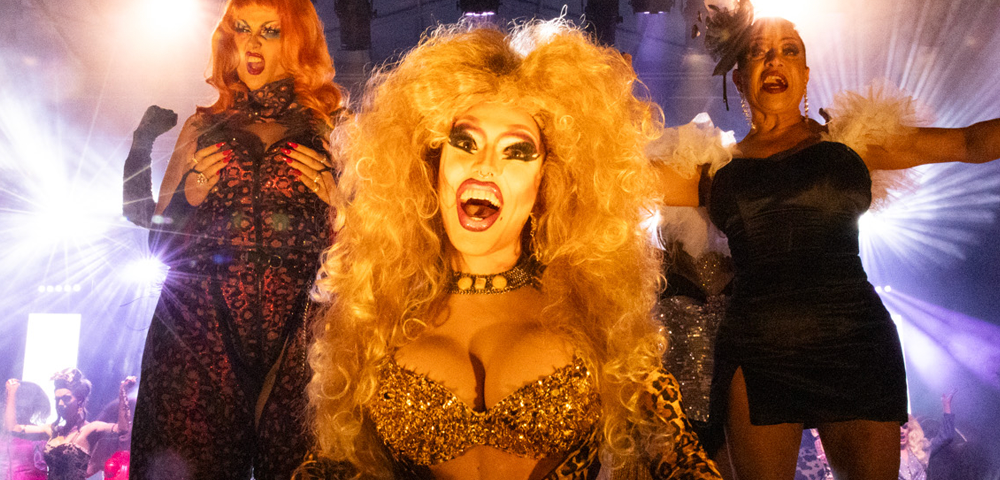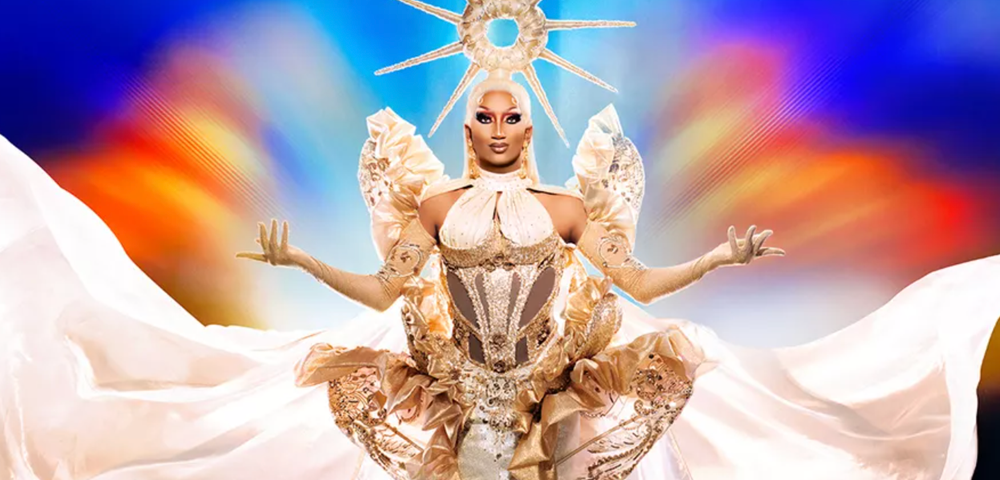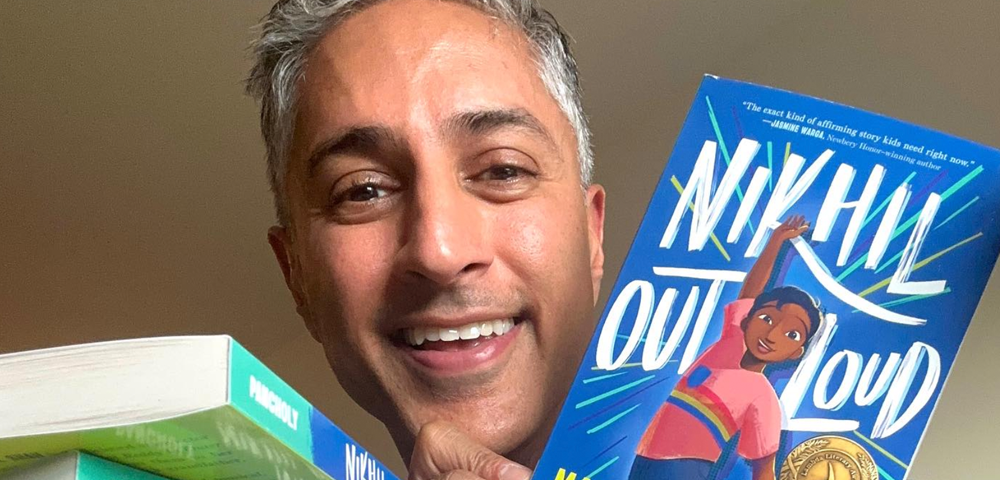
Fresh look at a gay cinema milestone
Screenwriter Mart Crowley’s seminal 1970 film The Boys in the Band makes for familiar viewing for anyone with a close-knit group of gay friends.
Adapted from Crowley’s long-running off-Broadway play, the film tells the story of a group of New York gays, gathered on an Upper East Side terrace for a friend’s birthday dinner.
The love of a good cocktail, the relaxed physical affection between friends, and the playful nature of their witty repartee show that some aspects of gay male life seem destined never to change, no matter the decade.
But there are darker undertones to the film — each friend’s underlying self-loathing, their self-censoring behaviour when a supposedly straight man enters their midst — that remind the viewer that to be gay in 1960s America carried a heavy emotional toll.
It was this that made the play and the resulting film so divisive upon release, particularly among those in the gay community seeking positive representation as the queer liberation movement gained traction.
American filmmaker Crayton Robey examines the genesis of The Boys In the Band, and the strong reactions to it, in his feature-length documentary Making The Boys, which has its Australian premiere on Foxtel’s STVDIO channel this Thursday.
Robey said he’d admired the work since discovering it at a formative time in his own life.
“When I was in high school and struggling with my own sexual identity, I was talking to a friend — who ended up being my boyfriend — about how when I kissed my girlfriend, I didn’t feel any fireworks,” he told the Star Observer.
“He lunged in to kiss me, and I instantly saw fireworks.
“But our teacher caught us kissing. He brought us to his office. We were freaking out, but he reached into his desk and gave us two copies of Mart Crowley’s The Boys in the Band and told us to go home and read it.
“I loved it! I really enjoyed the brothership between the friends, whereas my friend hated it.”
Robey and his friend’s opposing reactions to the play are indicative of the divergent responses it elicited throughout society.
For all its success (its initial off-Broadway run extended for an impressive 1001 performances), the play and film were loathed by many. Gay rights groups went so far as to set up stalls outside the theatre offering tomatoes for audience members to throw at the actors.
“Some people hated it, and some loved it. I didn’t realise how divisive it was until I started putting it into a historical context,” Robey said.
“It was an interesting time in America, when people were standing up for their rights. There was so much fire and passion around. People were bursting to express themselves. It was very empowering.”
It’s understandable that those in the politically-charged queer movement didn’t want to be associated with a film about a group of camp, catty gays drunkenly bickering.
But, as Robey points out, a slightly unflattering representation of gay life is surely better than no representation at all.
“Before Boys In The Band, people weren’t even talking about homosexuality — it was considered such a taboo. When it came out, the mainstream press got hold of it and everyone started writing about it,” he said.
“It was shocking to people — no one realised homosexuals had a culture. It started a conversation in communities and homes around the US, and it gave a lot of gay people courage to stand up for their rights. It was a cultural milestone.”
At the time, though, not even Crowley saw it that way.
“There was a big disconnect between Mart and the gay community for a good 40 years. It was a love/hate relationship — he was the guy who was exposing the gay culture to the world, letting the secret out and showing the self-hate many gay people felt.
“Mart never felt like he’d written a special, groundbreaking play until many years later.”
Crowley knows now though, saying in the documentary that he’s more proud of The Boys in the Band than anything else he’s created. But as Robey reveals via vox pops with several clueless young gays, relatively few seem to know about this important moment in queer history nowadays.
He offered one sobering explanation for this lack of cultural knowledge.
“Unfortunately a lot of guys who lived at that time perished during the AIDS epidemic.
“One reason a lot of people don’t know about The Boys in the Band is because there’s a disconnect between the generations — there’s been no one around to pass the information down to the next generation,” he sighed.
INFO: Making The Boys, 9.30pm, Thursday, November 10 on STVDIO (Channel 132)









